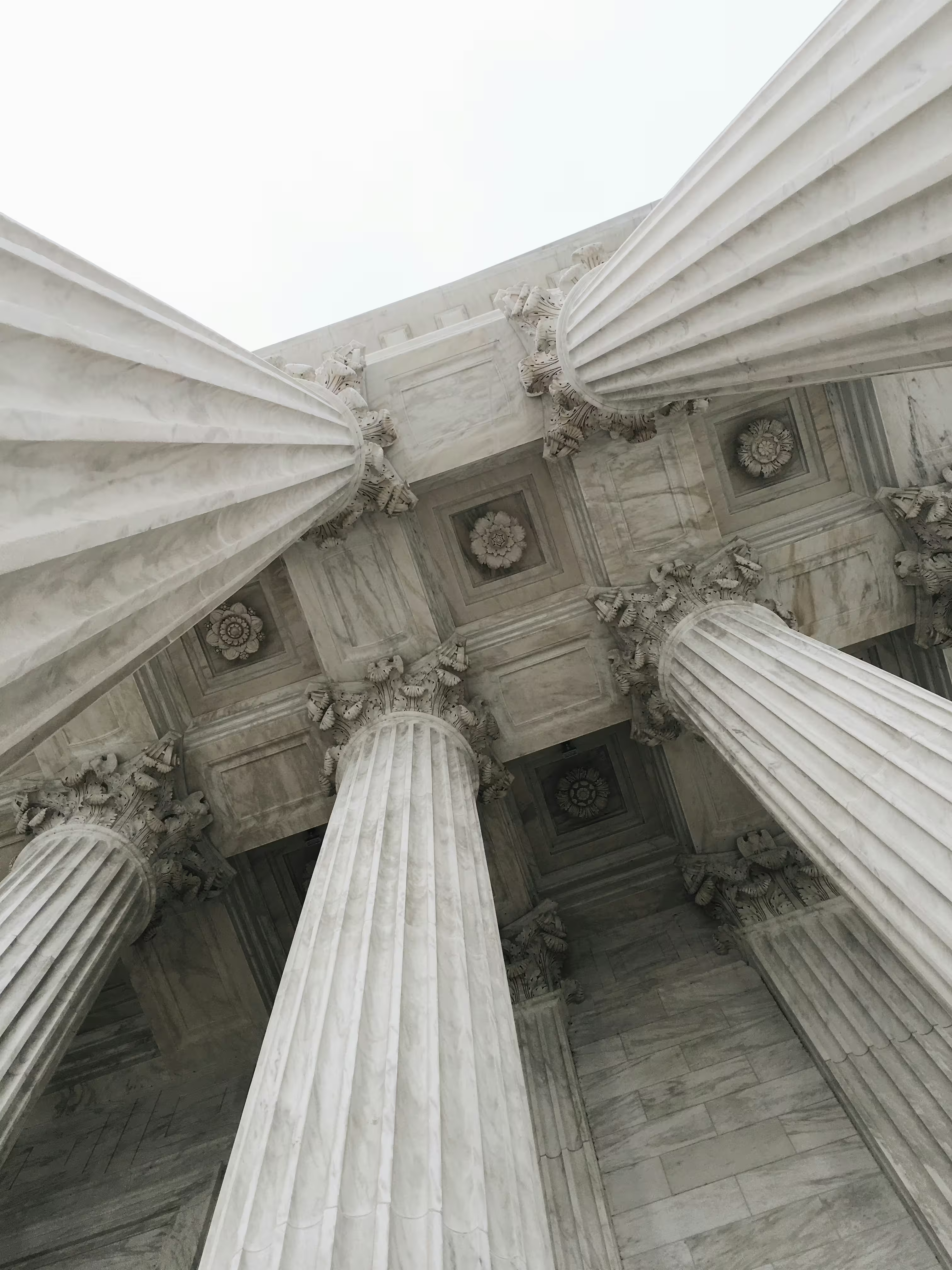
Voluntary Self Disclosure Attorney
Free Case EvaluationOn This Page
Voluntary Self Disclosures: Navigating Compliance with Confidence
Businesses face increased scrutiny and complexity when it comes to compliance with laws and regulations. One of the critical aspects in this context, especially within the framework of U.S. Sanctions, is Voluntary Self Disclosure (VSD). At Sanctions Law Center, our OFAC Lawyers offer guidance on VSD.
What is Voluntary Self Disclosure?
Voluntary Self Disclosure (VSD) is a proactive act of a company that informs authorities about a potential violation of sanctions regulations. This disclosure is often seen as a way to demonstrate a commitment to compliance and integrity, and it can significantly impact the outcome of any regulatory proceedings. VSD is a choice, and it’s proven to be the best possible choice in most instances.
It can be even considered a strategic decision, because it mitigates penalties, demonstrates good faith, and assists in overcoming any reputational consequences. However, the decision to disclose is not one to be taken lightly, as it can lead to scrutiny and further investigations.
The Process Behind Voluntary Self Disclosure
It is very important to understand the process of VSD when considering that option. At Sanctions Law Center, we guide clients through several key steps.
The first step in the VSD process typically involves a thorough internal investigation. Our team of OFAC Lawyers conducts a fact-finding analysis, gathering evidence and assessing the circumstances around potential violation. This investigation is protected by attorney-client privilege, therefore, clients shall be comfortable with sharing any sensitive information as attorney-client privilege protect the relationship and any information communicated between an attorney and a client remains confidential. Alongside the internal investigation, we conduct research and due diligence to understand the legal implications of the potential violation. This includes reviewing and assessing the possible violations against relevant regulations and industry standards.
Once the internal investigation is finalized, we help our clients evaluate their options. For instance, Sanctions Law Center OFAC Lawyers provide a thorough analysis of both potential benefits and risks associated with making a voluntary disclosure. It’s important to keep in mind that while we can provide our professional legal opinion, the ultimate decision rests with you.
The decision to make a Voluntary Self Disclosure is a judgment call that a client must make. Sanctions Law Center will provide advice based on our findings, and help you weigh the implications of disclosure such as the severity of the violation, potential penalties, and the likelihood of regulatory enforcement.
Finally, when the decision to submit a Voluntary Self Disclosure is made, our OFAC Lawyers assist in drafting the disclosure to ensure that it is comprehensive, clear, and aligns with the industry standards and all legal requirements. This includes detailing the nature of the violation, the steps taken to investigate it, and any remedial actions implemented.
Why Is It Important to Always Consider Voluntary Self Disclosure
Considering VSD is crucial for several reasons:
Demonstrates Commitment to Compliance: Voluntary disclosure showcases your organization’s commitment to ethical practices and regulatory compliance. It reflects a proactive approach to governance, which can foster trust with regulators and stakeholders.
Potential for Reduced Penalties: In many cases, regulators may offer leniency or reduced penalties to organizations that come forward voluntarily. This can significantly lessen the financial and operational impact of a violation.
Mitigates Reputational Damage: By addressing issues head-on and taking responsibility, organizations can mitigate reputational damage. Being transparent about compliance issues can enhance public perception and rebuild trust with customers, partners, and investors.
Fosters a Culture of Compliance: Regularly considering VSD encourages a culture of compliance within the organization. It promotes vigilance and accountability among employees, making them more likely to report concerns before they escalate.
Navigates Complex Legal Landscapes: The regulatory environment is constantly evolving. Engaging in VSD allows organizations to navigate complex legal landscapes with the support of experienced counsel, minimizing the risk of future violations.
How Our Firm Can Help with Voluntary Self Disclosure
At Sanctions Law Center, we recognize that navigating the Voluntary Self Disclosure process can be daunting. Our team of experienced attorneys is here to support you every step of the way:
Expert Guidance: Our legal experts provide comprehensive guidance on the implications of VSD, helping you understand the potential benefits and risks associated with disclosure.
Thorough Investigations: We conduct detailed internal investigations that are protected by attorney-client privilege, ensuring that your organization’s interests remain safeguarded.
Tailored Strategies: We develop customized strategies based on your organization’s specific circumstances, ensuring that your approach to VSD aligns with your business goals and values.
Communication with Regulators: Our team assists in communicating with regulatory authorities, ensuring that your disclosure is appropriately framed and presented to maximize its effectiveness.
Conclusion
Voluntary Self Disclosure is a powerful tool for organizations committed to compliance and risk mitigation. At Sanctions Law Center, we are dedicated to guiding you through the VSD process, providing the expertise and support necessary to make informed decisions that protect your organization’s interests.
If you are considering a Voluntary Self Disclosure or need assistance with compliance issues, contact us today or call (202) 914-1545. Our experienced team is here to help you navigate the challenges of compliance and build a strong foundation for your organization’s future.